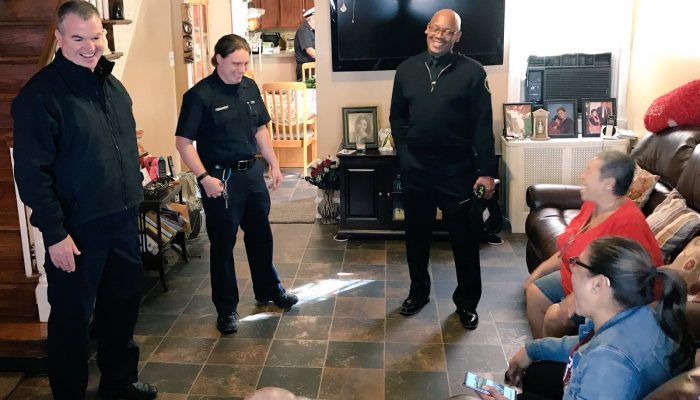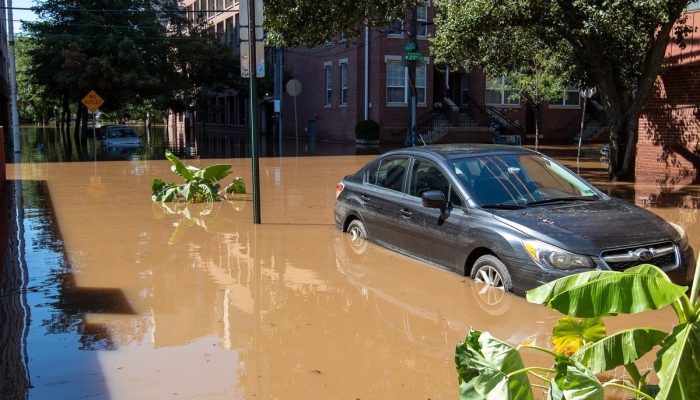Part of the Plan is the Office of Emergency Management’s monthly video series where we open our public safety plans and partnerships. Something we value at OEM is informing and including the public as to your roles in our plans. You are the Public in Public Safety. This month, we tag along with the Philadelphia Fire Department’s Community Action Team, aka CAT unit, who look to prevent fires before they start.
March 6, 2019
March is a month that marks changes in the structure of the year. Winter becomes spring, Daylight Saving Time begins, and baseball is back that has us thinking of warm summer nights at the ballpark.
March also has us thinking of emergency preparedness around our home.
During Daylight Saving Time, a lot of info comes across your social media screen about checking your smoke detectors.
This is why: Nationally, three of five fire deaths do not have a working smoke detector in the home.
In Philadelphia, there is no reason to not have a functioning smoke alarm; they are free to those who qualify. Our public safety partners at the Philadelphia Fire Department’s Community Action Team (CAT) will even install it for you.
The fire department also recommends having one smoke alarm on each floor of your home. They should be 10-year smoke alarms, with sealed lithium-ion batteries.
Some other helpful details from our friends at PFD:
- Please check the date on your alarms. If they are more than 10 years old, they need to be replaced.
- If you don’t have smoke alarms, you can request them for free through Philly 311 or buy them at most hardware stores.
- If your smoke alarms use 9-volt batteries, please replace them with smoke alarms that use 10-year, sealed lithium-ion batteries. You can buy them at most hardware stores or put in a request for free alarms through 311.
- There are also adaptive alarms available for residents who are deaf or hard-of-hearing.
Away from smoke detectors, are you ready if spring’s severe weather causes power outages to your property or fire forces you from your home?
Take time this month to help ensure the safety of your family, friends, and neighbors.
- Create a Family Emergency Plan that includes the possibility of evacuation. Take the needs of all in your house into consideration, including your pets. Check in with neighbors that may need help.
- If you need to evacuate, you will have to leave your home quickly. Decide now where you can go. You should decide what you will need to take with you in your Go Bag.
- Fill out a health information form for anyone with medical conditions, special needs, or prescription medications.
- Keep your important documents safe. If your paper files and personal computer are lost or damaged in a fire, flood, or other emergencies, your personal information, bank statements, and insurance records could be destroyed. Make copies of ID, social security cards, passports, banking, and insurance documents. Take photos and store digitally or put them in your Go Bag or water-proof Shelter-in-Place kit.
- Make sure to practice your plan at home. Have fire drills, make sure you use different exits every time you practice. Practice getting to your emergency meeting places and make sure everyone knows how to get there.
- Know the Fire Safety Rules and develop a Fire Escape Plan with help from the Philadelphia Fire Department.




